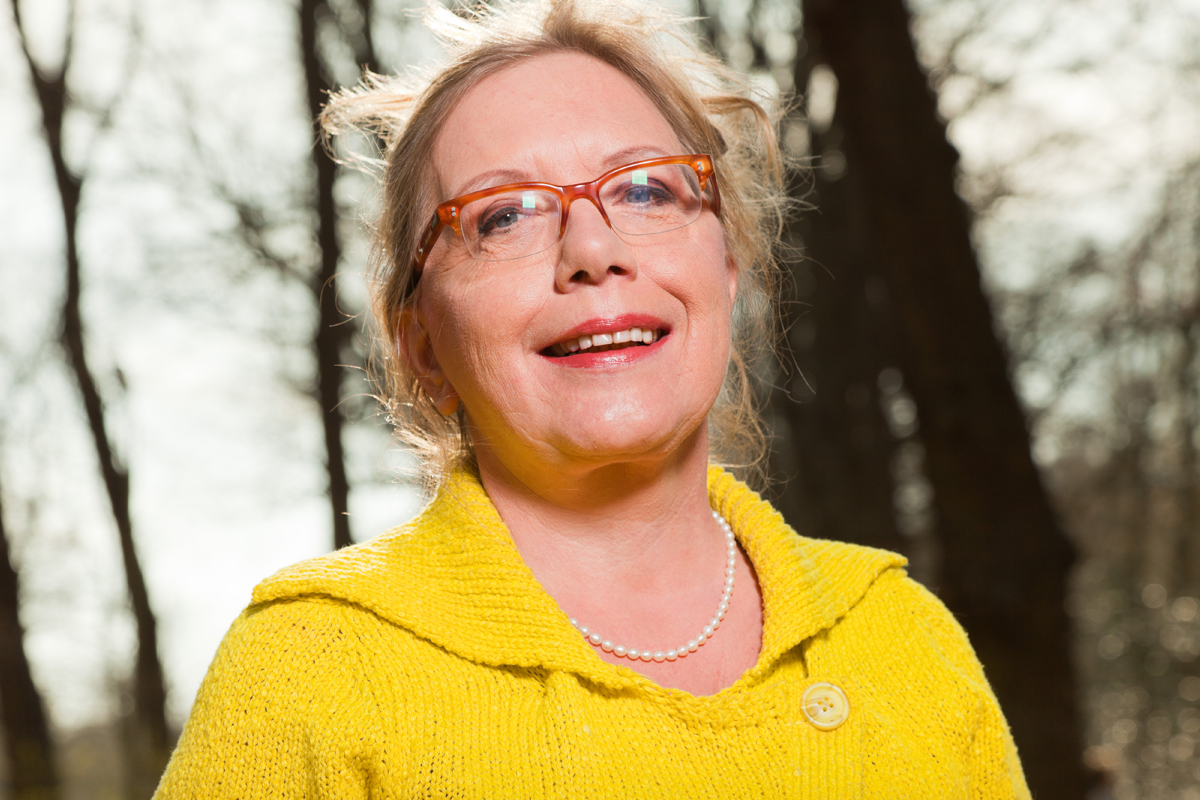We are proud to provide dental implants in St. Albans. Our dental team has a combined experience of over one hundred years and with that wealth of experience comes the capacity to reliably perform some of the most challenging dental procedures. An implant is a prosthetic root which can be used to anchor an individual tooth or a set of dentures.
What are implants?
Implants are a form of oral prosthetic. They have three components; the titanium implant which is placed in the jaw, the connector at the gum line and above this an artificial tooth or denture. They are used to replace teeth that are missing in order to stabilise the remaining mouth structure.
Are they new?
Dental implants St. Albans and all over the UK are nothing new, the first having been available in 1910. They have a long track record, but have been considered an advanced restorative procedure. The titanium implant was not used in dentistry until the ’50s.
When we perform implants the titanium component is placed into the jawbone with its connector. It is then left to ‘set in place’ or osseointegrate. Only when fully integrated are the oral prosthetics added using the connector, which is referred to as loading.
Why choose oral implants
Each patient has their own motivations for pursuing implants. We consider them to be the pinnacle in restorative dentistry, replacing any number of teeth in any position without straining or damaging the remaining teeth.
The majority of the patients we see choose to fully match the ceramics of the new tooth with the enamel shade and translucency of their natural teeth. The maintenance of implants is also very similar to natural teeth, with regular brushing and your standard checkups, it’s easy to forget which one is the implant.
If the implants are used to immobilise a denture, associated rubbing and sliding when biting down is prevented, with the dentures stabilised and feeling more natural.
The connector on the implant does not permanently hold the prosthetic in place and can be unlocked in the event that the oral prosthetic becomes damaged or needs replacing. This simplifies any possible future intervention, as well as being cavity proof.
What are the risks?
Implants are not considered a risky treatment, but they are usually carried out under a local anaesthetic. There is additional training required to perform implanting and our dental implants St. Albans are led by Dr Kostas Karagiannopoulos, a specialist in prosthodontics. There is a slight chance that the implants will not integrate into the bone and may have to be removed. In healthy patients this is unlikely.
If you have a clotting disorder like haemophilia or low bone density associated with osteoporosis, implants may not be for you. But some modifications can be made to accommodate patients with multiple ailments. This varies according to the needs of the patient, so you would have to speak with one of our clinical staff to explore your options. We would be very happy to help you restore your smile with dental implants St. Albans.

 01727 800372
01727 800372
